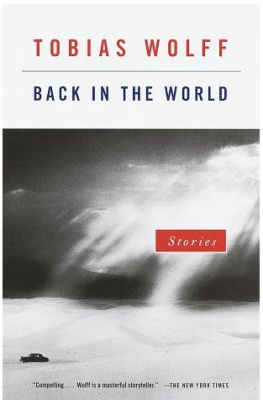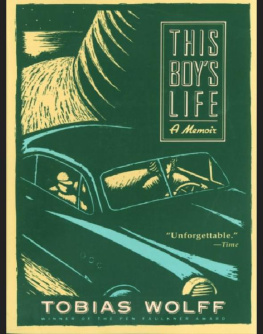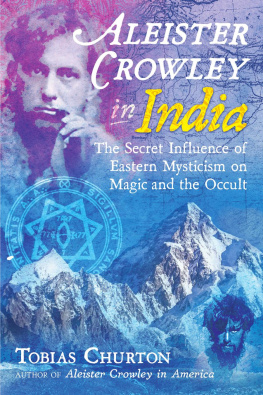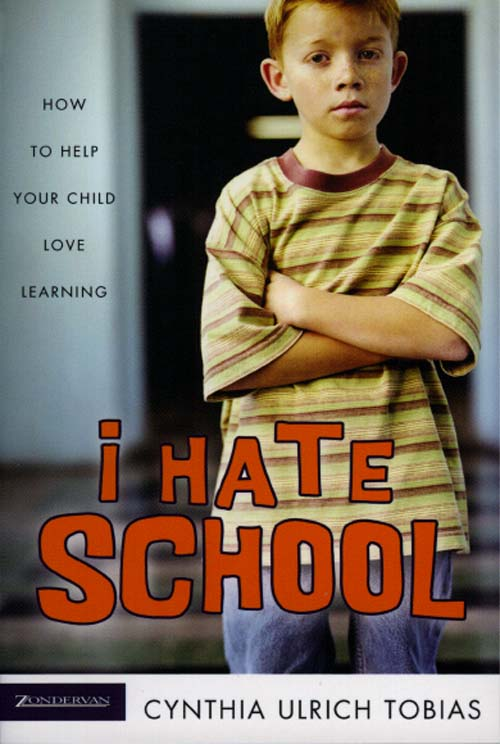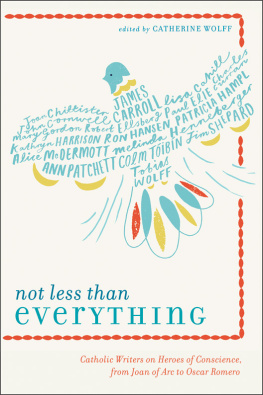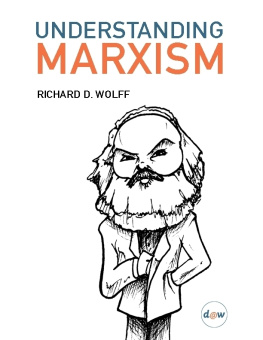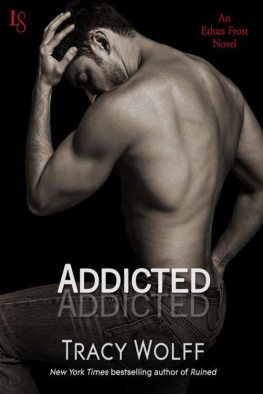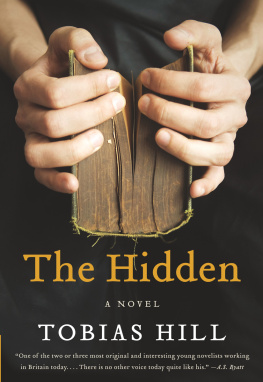Tobias Wolff - Old School
Here you can read online Tobias Wolff - Old School full text of the book (entire story) in english for free. Download pdf and epub, get meaning, cover and reviews about this ebook. year: 2004, publisher: Vintage, genre: Detective and thriller. Description of the work, (preface) as well as reviews are available. Best literature library LitArk.com created for fans of good reading and offers a wide selection of genres:
Romance novel
Science fiction
Adventure
Detective
Science
History
Home and family
Prose
Art
Politics
Computer
Non-fiction
Religion
Business
Children
Humor
Choose a favorite category and find really read worthwhile books. Enjoy immersion in the world of imagination, feel the emotions of the characters or learn something new for yourself, make an fascinating discovery.

- Book:Old School
- Author:
- Publisher:Vintage
- Genre:
- Year:2004
- Rating:5 / 5
- Favourites:Add to favourites
- Your mark:
- 100
- 1
- 2
- 3
- 4
- 5
Old School: summary, description and annotation
We offer to read an annotation, description, summary or preface (depends on what the author of the book "Old School" wrote himself). If you haven't found the necessary information about the book — write in the comments, we will try to find it.
Old School — read online for free the complete book (whole text) full work
Below is the text of the book, divided by pages. System saving the place of the last page read, allows you to conveniently read the book "Old School" online for free, without having to search again every time where you left off. Put a bookmark, and you can go to the page where you finished reading at any time.
Font size:
Interval:
Bookmark:
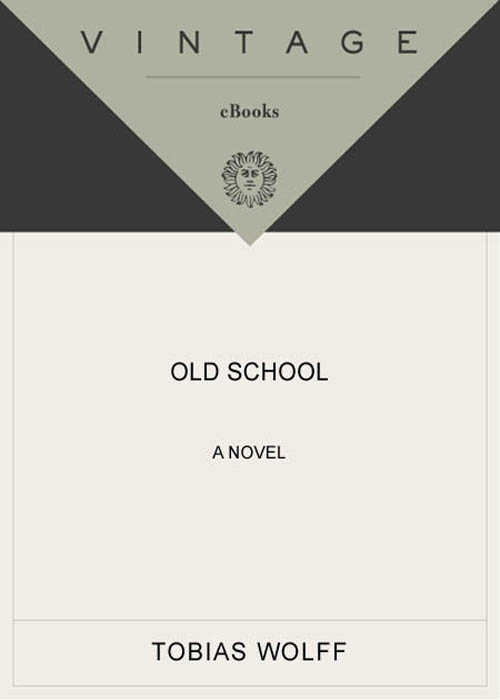
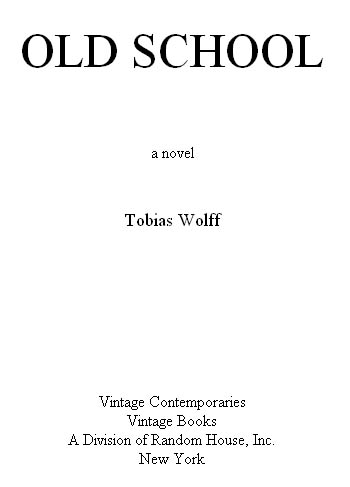
Table of Contents
FOR MY TEACHERS
Why did you lie to me?
I always thought I told the truth.
Why did you lie to me?
Because the truth lies like nothing else and I love the truth.
Mark Strand, Elegy for My Father
CLASS PICTURE
Robert Frost made his visit in November of 1960, just a week after the general election. It tells you something about our school that the prospect of his arrival cooked up more interest than the contest between Nixon and Kennedy, which for most of us was no contest at all. Nixon was a straight arrow and a scold. If hed been one of us we would have glued his shoes to the floor. Kennedy, thoughhere was a warrior, an ironist, terse and unhysterical. He had his clothes under control. His wife was a fox. And he read and wrote books, one of which, Why England Slept, was required reading in my honors history seminar. We recognized Kennedy; we could still see in him the boy who would have been a favorite here, roguish and literate, with that almost formal insouciance that both enacted and discounted the fact of his class.
But we wouldnt have admitted that class played any part in our liking for Kennedy. Ours was not a snobbish school, or so it believed, and we made this as true as we could. Everyone did chores. Scholarship students could declare themselves or not, as they wished; the school itself gave no sign. It was understood that some of the boys might get a leg up from their famous names or great wealth, but if privilege immediately gave them a place, the rest of us liked to think it was a perilous place. You could never advance in it, you could only try not to lose it by talking too much about the debutante parties you went to or the Jaguar you earned by turning sixteen. And meanwhile, absent other distinctions, you were steadily giving ground to a system of honors that valued nothing you hadnt done for yourself.
That was the idea, so deeply held it was never spoken; you breathed it in with the smell of floor wax and wool and boys living close together in overheated rooms. Never spoken, so never challenged. And the other part of the idea was that whatever you did do for yourself, the school would accept as proof of worth beyond any other consideration. The field was wide open. Like all schools, ours prized its jocks, and they gave good value, especially the wrestlers, who merrily wiped the mat with grim, grunting boys up and down the Eastern Seaboard. The school liked its wrestlers and football players but also its cutthroat debaters and brilliant scholars, its singers and chess champs, its cheerleaders and actors and musicians and wits, and, not least of all, its scribblers.
If the school had a snobbery it would confess to, this was its pride in being a literary placequite aside from the glamorous writers who visited three times a year. The headmaster had studied with Robert Frost at Amherst and once published a collection of poetry, Sonnets Against the Storm, which it now pained him to be reminded of. Though listed in the librarys card catalogue, the book had vanished and the headmaster was rumored to have destroyed it. Perhaps with reason; but how many other heads of school had published even one poem, good or bad, let alone a whole volume? Dean Makepeace had been a friend of Hemingways during World War I and was said to have served as the model for Jakes fishing buddy Bill in The Sun Also Rises. The other English masters carried themselves as if they too were intimates of Hemingway, and also of Shakespeare and Hawthorne and Donne. These men seemed to us a kind of chivalric order. Even boys without bookish hopes aped their careless style of dress and the ritual swordplay of their speech. And at the headmasters monthly teas I was struck by the way other masters floated at the fringe of their circle, as if warming themselves at a fire.
How did they command such deferenceEnglish teachers? Compared to the men who taught physics or biology, what did they really know of the world? It seemed to me, and not only to me, that they knew exactly what was most worth knowing. Unlike our math and science teachers, who modestly stuck to their subjects, they tended to be polymaths. Adept as they were at dissection, they would never leave a poem or a novel strewn about in pieces like some butchered frog reeking of formaldehyde. Theyd stitch it back together with history and psychology, philosophy, religion, and even, on occasion, science. Without pandering to your presumed desire to identify with the hero of a story, they made you feel that what mattered to the writer had consequence for you, too.
Say youve just read Faulkners Barn Burning. Like the son in the story, youve sensed the faults in your fathers character. Thinking about them makes you uncomfortable; left alone, youd probably close the book and move on to other thoughts. But instead you are taken in hand by a tall, brooding man with a distinguished limp who involves you and a roomful of other boys in the consideration of what it means to be a son. The loyalty that is your duty and your worth and your problem. The goodness of loyalty and its difficulties and snares, how loyalty might also become betrayalof the self and the world outside the circle of blood.
Youve never had this conversation before, not with anyone. And even as its happening you understand that just as your fathers troubles with the worldemotional frailty, self-doubt, incomplete honestywill not lead him to set it on fire, your own loyalty will never be the stuff of tragedy. You will not turn bravely and painfully from your father as the boy in the story does, but forsake him without regret. And as you accept that separation, it seems to happen; your fathers sad, fleshy face grows vague, and you blink it away and look up to where your master leans against his desk, one hand in a coat pocket, the other rubbing his bum knee as he listens desolately to the clever bore behind you saying something about bird imagery.
There was a tradition at my school by which one boy was granted a private audience with each visiting writer. We contended for this honor by submitting a piece of our own work, poetry if the guest was a poet, fiction if a novelist. The writer chose the winner a week or so before arriving. The winner had his poem or story published in the school newspaper, and, later, a photograph of him walking the headmasters garden with the visiting writer.
By custom, only sixth formers, boys in their final year, were allowed to compete. That meant I had spent the last three years looking on helplessly as boy after boy was plucked from the crowd of suitors and invited to stroll between the headmasters prize roses in the blessed and blessing presence of literature itself, to speak of deep matters and receive counsel, and afterward be able to say, You liked By Love Possessed? Youre kidding. I mean, Jesus, you ought to hear Mary McCarthy on the subject of Cozzens...
It was hard to bear, especially when the winning manuscript came from the hand of someone you didnt like, or, worse, from a boy who wasnt even known to be a contenderthough this had happened just once in my years of waiting in the wings, when an apparent Philistine named Hurst won an audience with Edmund Wilson for a series of satirical odes in Latin. But all the other winners came, predictably enough, from the same stockpond: boys who aced their English classes and submitted work to the school lit mag and hung around with other book-drunk boys.
Next pageFont size:
Interval:
Bookmark:
Similar books «Old School»
Look at similar books to Old School. We have selected literature similar in name and meaning in the hope of providing readers with more options to find new, interesting, not yet read works.
Discussion, reviews of the book Old School and just readers' own opinions. Leave your comments, write what you think about the work, its meaning or the main characters. Specify what exactly you liked and what you didn't like, and why you think so.

